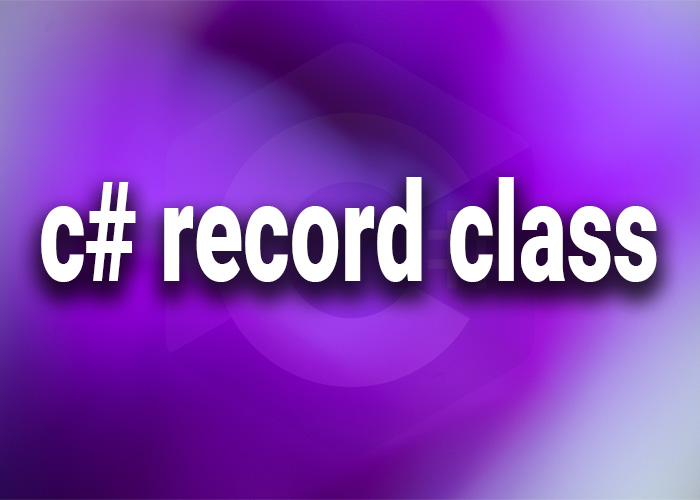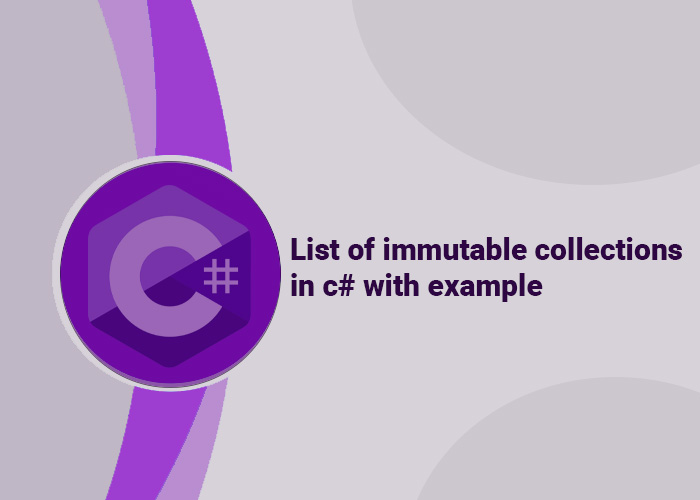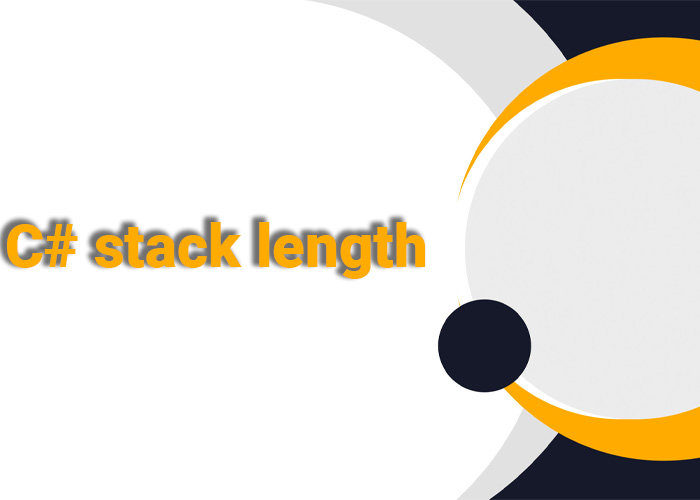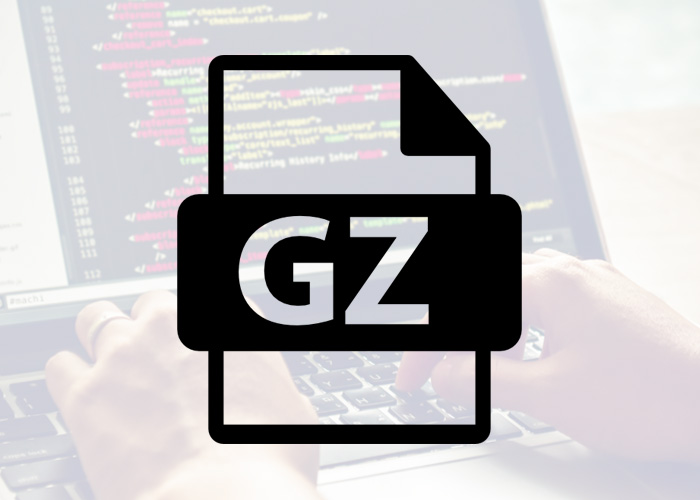Exploring Record Classes in C#
Record classes in C# provide a streamlined way to create immutable reference types with value-based equality, a feature introduced in C# 9.0. Designed to promote more functional programming patterns within the traditionally object-oriented C# language, record classes are ideal for scenarios where data integrity and simplicity are paramount. This article will delve into what record classes are, their features, and how they can be effectively utilized in C# programming.
What Are Record Classes?
Record classes are a special type of reference class in C# that are immutable by default and use value-based equality rather than reference-based equality. This means that two instances of a record class are considered equal if their properties have the same values, not merely if they refer to the same object.
Key Features of Record Classes
- Immutability: Fields of a record class are init-only by default, meaning they can be set at the time of creation but not modified afterward.
- Value-Based Equality: Record classes automatically implement equality checks based on the values of their properties, simplifying the comparison of objects.
- With-Expressions: Record classes support with-expressions, allowing developers to create new instances of records with altered properties based on existing instances.
- Deconstructor: Automatically provides a deconstructor, allowing the properties of a record to be easily extracted.
Syntax and Usage of Record Classes
Defining a Record Class
You can define a record class using a succinct syntax that implicitly creates properties and a constructor:
public record Person(string FirstName, string LastName, DateTime DateOfBirth);
In this example, Person is a record class with three properties: FirstName, LastName, and DateOfBirth. The compiler automatically generates a constructor as well as override methods for Equals, GetHashCode, and ToString.
Creating Instances
csharp
Copy code
var person1 = new Person("John", "Doe", new DateTime(1990, 1, 1)); var person2 = new Person("John", "Doe", new DateTime(1990, 1, 1));
Comparing Instances
Console.WriteLine(person1 == person2); // Outputs: True
Because record classes use value-based equality, person1 and person2 are considered equal as their properties have identical values.
Using With-Expressions
Record classes allow for non-destructive mutation through with-expressions:
var person3 = person1 with { FirstName = "Jane" };
Console.WriteLine(person3); // Outputs: Person { FirstName = Jane, LastName = Doe, DateOfBirth = 1/1/1990 }
Benefits of Using Record Classes
- Data Integrity: Immutability ensures that data does not change unexpectedly, which is particularly valuable in multithreaded environments.
- Simplified State Management: By removing the complexities associated with mutable state, record classes make state management more straightforward.
- Ease of Use: The syntactic simplicity of defining value-based equality, constructors, and deconstructors reduces boilerplate code and enhances clarity.
When to Use Record Classes
- Domain Modeling: Record classes are excellent for creating domain models in applications where immutability and data integrity are crucial.
- Data Transfer Objects (DTOs): Ideal for use as DTOs in layered architectures, especially in web and enterprise applications.
- Functional Programming: Fit well into functional programming paradigms within C#, encouraging immutability and pure functions.
Conclusion
Record classes in C# are a powerful feature designed to handle data in a safe, simple, and immutable manner. By utilizing record classes, developers can significantly reduce complexity and potential errors associated with mutable state and reference-based equality, leading to more reliable and maintainable codebases. Whether you are developing complex business applications or simple data containers, record classes offer a modern, efficient, and practical solution for managing data.





